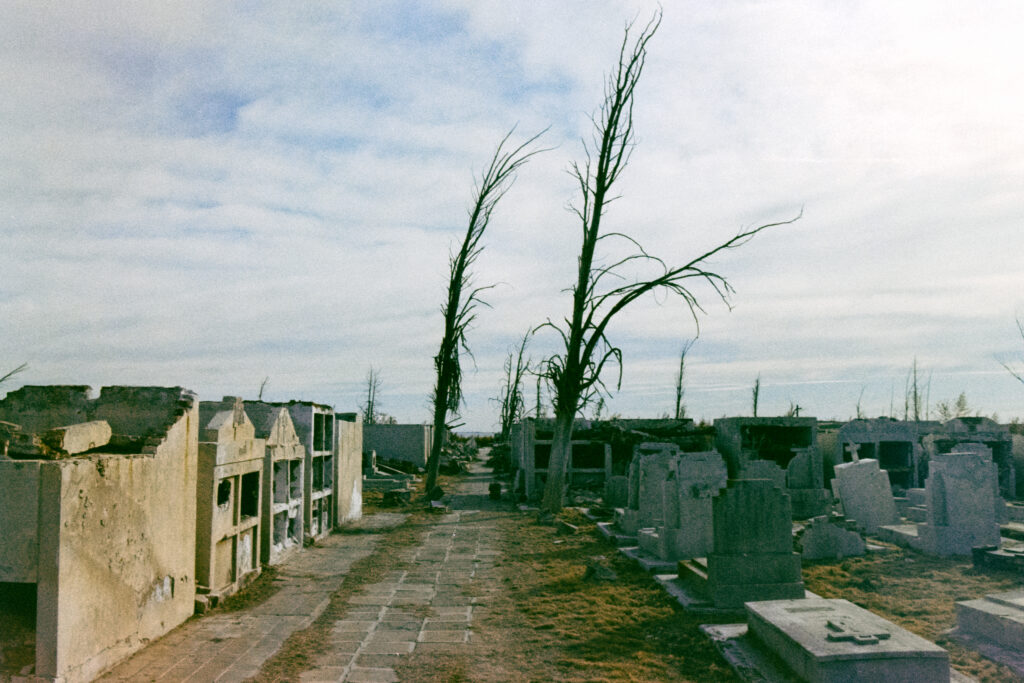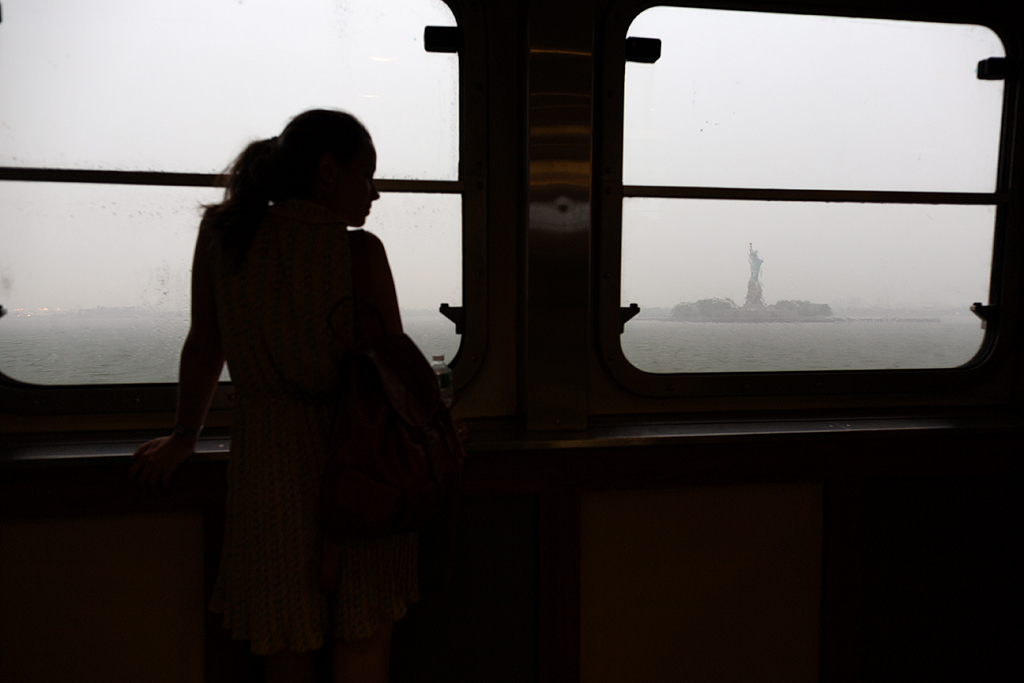“… [C]atastrophe is not something awaiting as in the future, something that can be avoided with well-thought-out strategy. Catastrophe in (not only) its most basic ontological sense is something that always-already happened, and we, the surviving humans, are what remains …. Our normality is by definition post-apocalyptic.”
Slavoj Žižek
Apocalyptica, “From Catastrophe to Apocalypse… and Back”

Turntables coated in rust and salt.
Illuminated beneath halogen lamps and stacked on one another like the layers of a wedding cake, the vintage record players boast a thick icing of sodium chloride and iron oxide, the granularity of which almost perfectly emulates the breading of a recently fried chicken finger.
Instead of occupying a warehouse shelf, a basement box, or a landfill, these outdated music makers ended up in a museum display case as witnesses to a singular event that some would define as catastrophic, others tragic, others fascinating. The museum, installed in a train station that hasn’t housed a locomotive for decades, commemorates the flooding and destruction of the town where it is located: Villa Epecuén.




